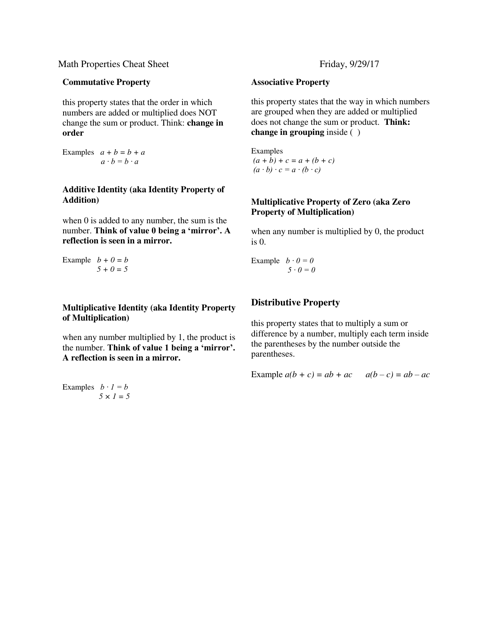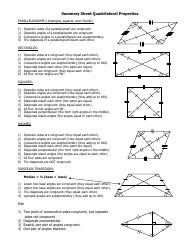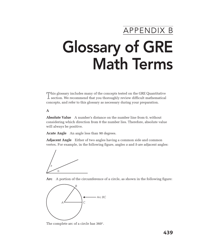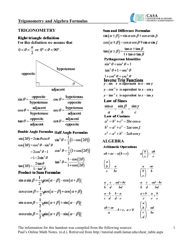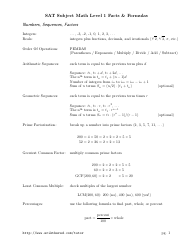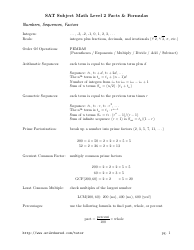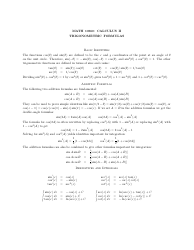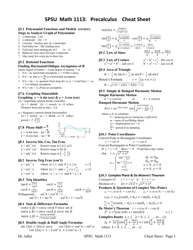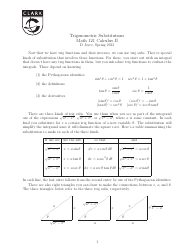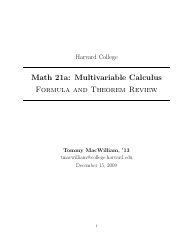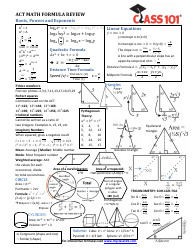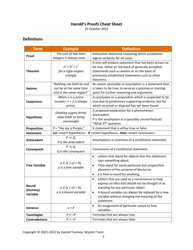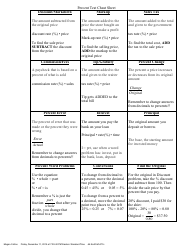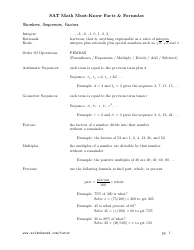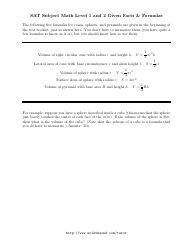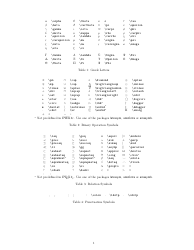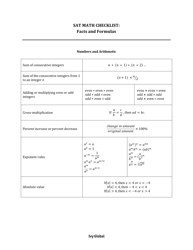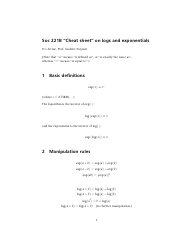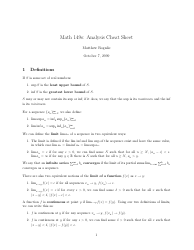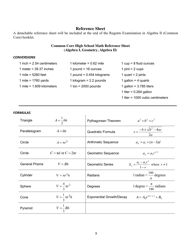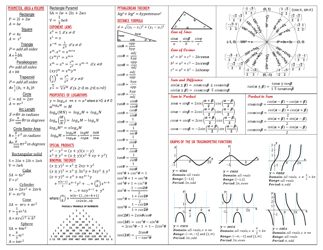Math Properties Cheat Sheet
A Math Properties Cheat Sheet is a handy reference tool that lists the important properties and formulas used in mathematics. It helps students and individuals quickly recall and apply these properties when solving math problems.
FAQ
Q: What is the commutative property?
A: The commutative property states that changing the order of numbers or operations does not affect the result.
Q: What is the associative property?
A: The associative property states that when performing an operation on three or more numbers, the grouping of the numbers does not affect the result.
Q: What is the distributive property?
A: The distributive property states that multiplying a number by a sum is the same as multiplying the number by each term of the sum and then adding the products together.
Q: What is the identity property?
A: The identity property states that any number plus zero is equal to the original number, and any number multiplied by one is equal to the original number.
Q: What is the inverse property?
A: The inverse property states that every number has an additive inverse (opposite) and a multiplicative inverse (reciprocal) such that when the number and its inverse are combined using the respective operation, the result is the identity.
Q: What is the zero property?
A: The zero property states that any number multiplied by zero is equal to zero.
Q: What is the reflexive property?
A: The reflexive property states that any number is equal to itself.
Q: What is the transitive property?
A: The transitive property states that if two numbers are equal to the same number, then they are equal to each other.
Q: What is the symmetric property?
A: The symmetric property states that if two numbers are equal to each other, then they can be switched in any equation or inequality.
